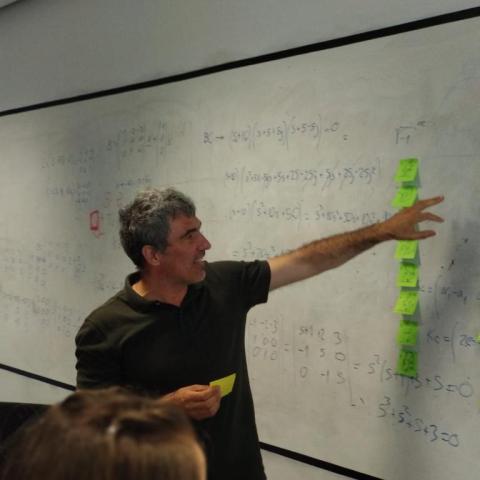In Europe, concerns about the sustainability of the food chain have emerged. The active engagement of public and private officers (PPO) is essential to prevent food losses and waste and for the transition of the food production system to a circular economy for decreasing its footprint. A large amount of food waste is generated by canteens and other public food services, ranging from 15 to 40% of the total food wastage generated. EAT Circular implements a 12-months education action to help to orientate PPOs among rules, tools, opportunities, and barriers about food loss and waste management and prevention at the food service level, raising awareness and capacity to elaborate effective and country-specific policy recommendations, such as, for instance, climate-aware procurement rules. The intervention is organized as a series of workshops and education activities including focus groups with PPOs, experts and innovation actions, with examples of best practices based on European and national initiatives - including the green public procurement -, regulations, tools and technologies, nutritional aspects, business models, circular economy principles, as well as an introduction to public procurement for innovation principles and practices. EAT Circular involves four different European regions (where also different normative framework are in operation) aiming to organize pilot education paths tailored to the different regional needs. At the end of the project, training materials, methodologies and lessons learned will be analyzed and collected in a guideline for driving food waste reduction in the public procurement of food services. The final objective of EAT Circular is to stimulate behavioral changes and promote system innovation. The effects produced by EAT Circular will be translated in a change on the way public procurement are generated, evaluated, awarded and implemented with regards to FLW.
-


